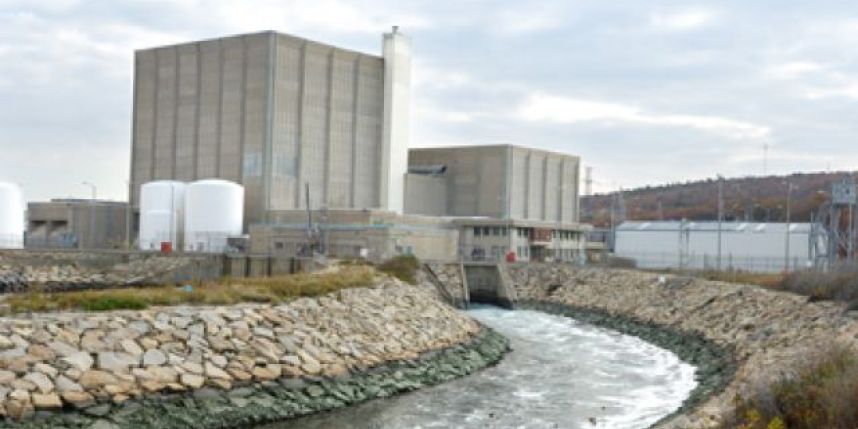The Trump administration wants to reclassify radioactive waste resulting from the production of nuclear weapons, so it will be cheaper to dispose of, the Associated Press reported.
The Department of Energy has proposed relabeling high-level nuclear waste as “low-level.” High-level radioactive waste is currently defined as the byproducts of nuclear reactors or fuel reprocessing, where fissionable material is separated from the waste. Low-level waste, which represents 90 percent of radioactive detritus, generally comes from places where radioisotopes are used, such as nuclear power stations and local hospitals. Items often include wipes, clothes and plastic, Newsweek reported.
About 90,000 tons of nuclear waste is being stored in facilities across the country, while several administrations have struggled to determine what to do with it. There is no current disposal facility in the U.S. for high-level waste.
Reclassifying such waste as low-level would save the Department of Energy $40 billion and years of work, the Associated Press reported. Critics say that’s because the radioactive matter would essentially just be left where it is.
The Department of Energy wouldn’t confirm that. “At this time, DOE is not making and has not made any decisions on the classification or disposal of any particular waste stream,” the official said.
The facilities that would be affected include the most contaminated site in the U.S.: the Hanford Nuclear Reservation in Washington, which operated from 1943 to 1987 and produced the plutonium for the atomic bomb dropped on Nagasaki. The site contains 56 million gallons of radioactive and hazardous chemical wastes in 177 aging, leaky underground tanks. The other facilities mentioned in the proposal are the Savannah River Plant in South Carolina, the Idaho National Laboratory and the West Valley Demonstration Project in West Valley, New York.
Sen. Ron Wyden (D-OR) expressed concern in a letter to the DOE. “No one disputes the difficulty of retrieving and treating high-level waste from Hanford’s aging storage tanks,” he wrote. “However, lowering the bar for level of protection of future generations and the environment by changing the definition of what has always been considered high-level waste requiring permanent disposal is a significant change.”





















